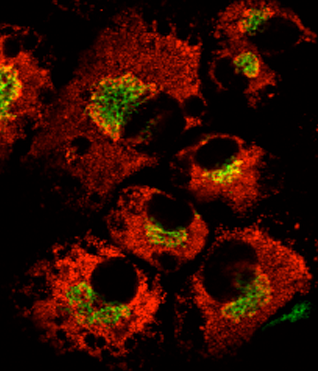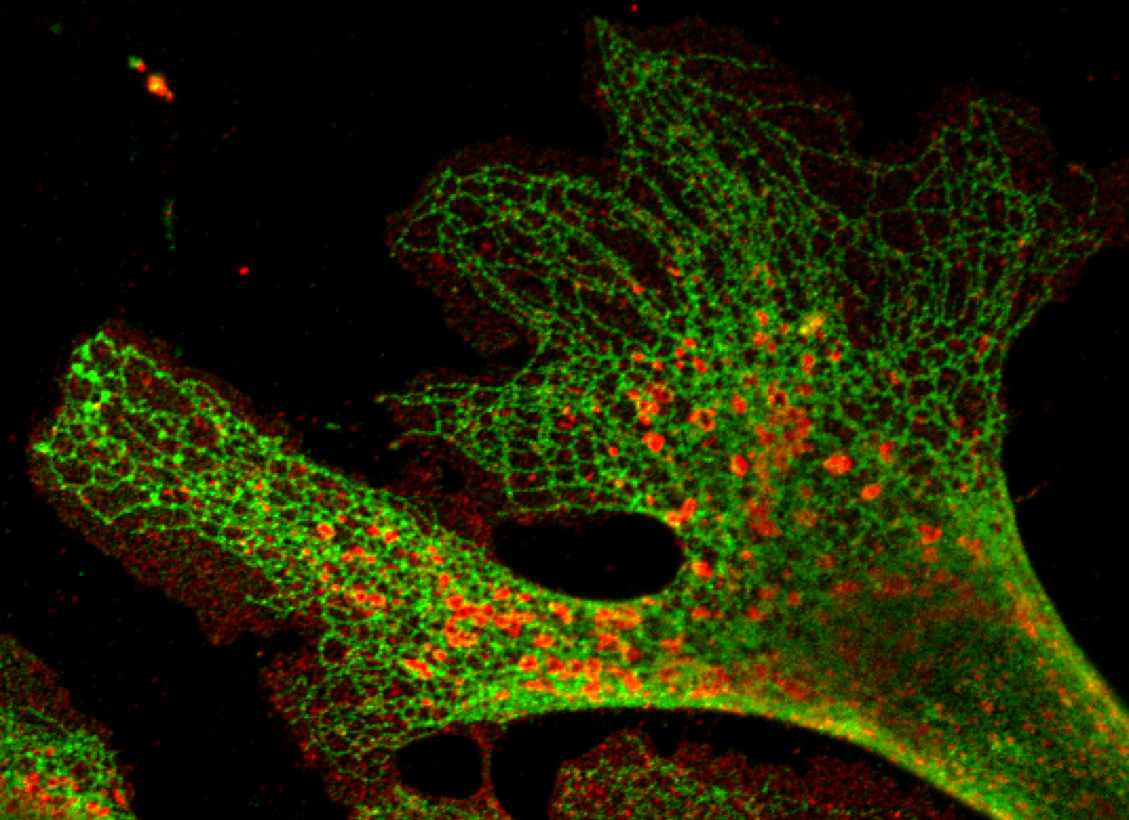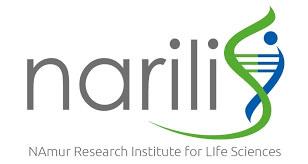Our lab works on both fundamental biology and drug discovery. We study protein trafficking in the early secretory pathway, specifically the export of native proteins from dedicated areas of the ER called ER exit sites (ERES) →
Our lab works on both fundamental biology and drug discovery. We study protein trafficking in the early secretory pathway, specifically the export of native proteins from dedicated areas of the ER called ER exit sites (ERES) →
We use ERES modulation to understand the organisational changes that ERES undergo which allow them to handle different rates of protein secretion. To complement this, we work on the development of pharmacological inhibitors of ERES to better understand the cellular context of aberrant secretion events observed in certain disease states.
We specialise in the use of cutting-edge microscopy techniques to study protein trafficking and homeostatic processes in mammalian cells. Our research is complemented by interdisciplinary collaborations, working with collaborators in advanced bioimage analysis, chemistry and chemical biology.
↑ Golgi/Col RCS from TIGEM
↑ ER-lysosomes
⭘ ERES as a Therapeutic Target
The ERES is a highly dynamic orchestration of a group of proteins at the ER, deputed to transporting natively folded nascent proteins from the ER and onwards in the anterograde trafficking pathway. At the centre of our research is Sec16, a “scaffold” protein around which ERES organisation occurs. Making use of Retro-2, a Sec16 targeting compound, our lab studies the acute effects of ERES modulation on ERES organisation and cell homeostasis, to understand the interplay between protein export, stress responses and homeostatic cellular processes.
⭘ Fundamental Biology
The process of protein secretion is essential for life: the mechanism by which tissues are formed and maintained, autocrine and paracrine communication, and immune defences to name a few. Protein biosynthesis is a highly ordered and tightly regulated process, thus errors can cause a wide range of diseases, some of which are very common. Therapeutic modulation of protein secretion is highly sought, but is a complex task, requiring specific modulation to avoid toxicity. Our lab studies the molecular factors influencing the secretory pathway and their roles in cellular processes.

⭘ FUNDING
The Forrester Lab is funded by an Incentive Grant for Scientific Research (MIS) from the Funds for Scientific Research (F.R.S.)-FNRS, and a starting grant from Welbio. We have also been awarded a small equipment grant from FNRS, for a Live Super Resolution spinning disc microscope from GATACA systems.
We promote sustainable work practices and we are collectively working towards creating a sustainable working environment at the University of Namur.
⭘ AFFILIATED ORGANISATIONS









